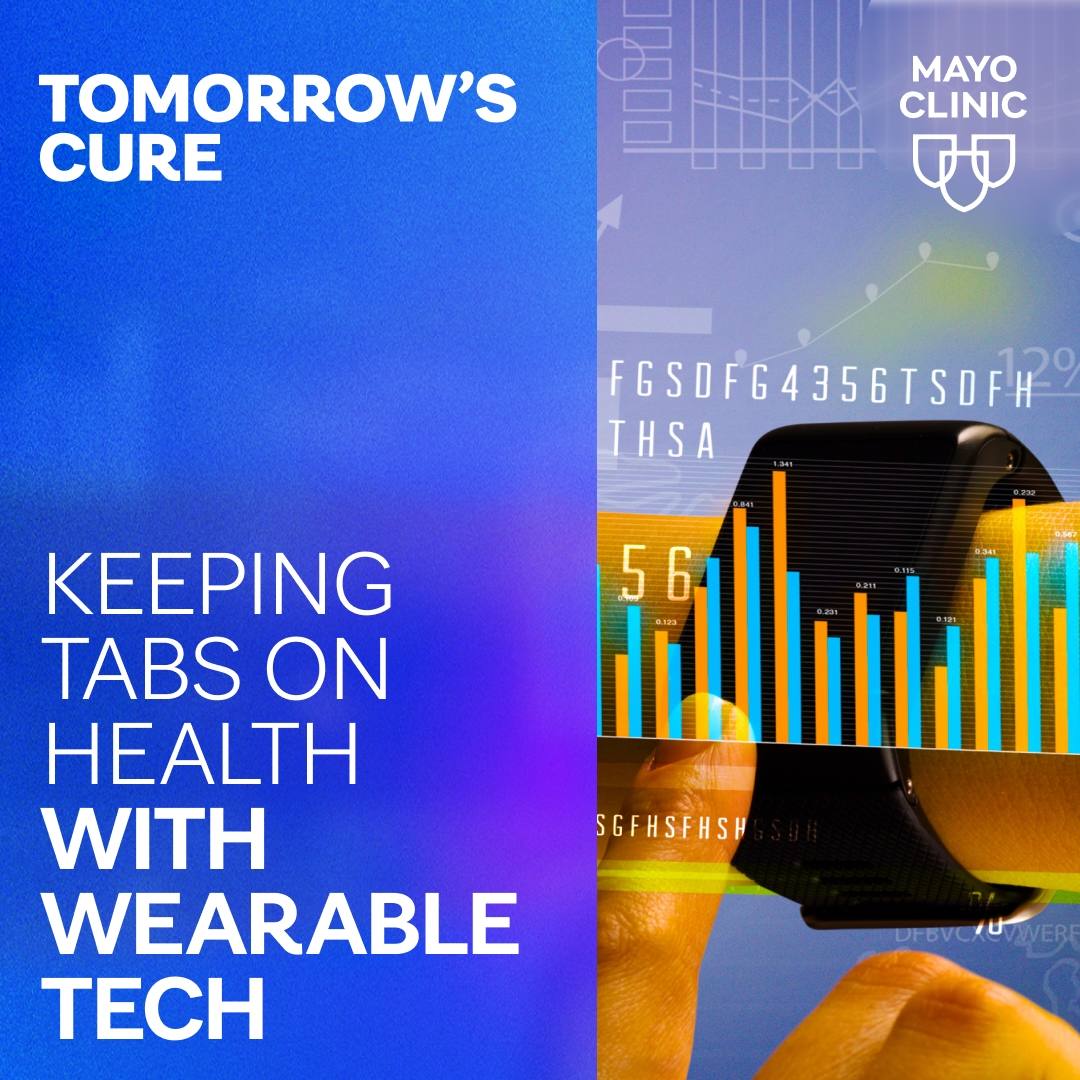-
Mayo Clinic Minute: Why and when your children should be vaccinated
Ensuring your child gets a flu shot is important to prevent the flu. It's also important to make sure your child is up to date on immunizations with all of the recommended childhood vaccines which prevent serious diseases, such as measles, mumps, rubella, varicella, diptheria, tetanus and acellular pertussis.
Journalists: Broadcast-quality video pkg (1:00) is in the downloads at the end of the post.
Please 'Courtesy: Mayo Clinic News Network.' Read the script.
"Vaccination prevents a child from getting an illness. It also prevents them from spreading an illness," says Dr. Elizabeth Cozine, a Mayo Clinic family medicine physician.
Dr. Cozine says the Centers for Disease Control and Prevention has a standard immunization schedule for school-age children that begins with ages 4 to 6, "which we think of as kindergarten shots," she says. "So that's measles, mumps, rubella and varicella."
Dr. Cozine says the next set of routine immunizations is at age 11, "which is tetanus, diptheria and pertussis, and the meningococcal immunization."
It's also recommended every child get an annual flu shot. And HPV vaccination, which prevents cancer, can start as early as age 9. Dr. Cozine says it's important to educate families on the importance of childhood vaccinations. She likens it to seat belt safety.
"Immunizations are no different," she says. "If we have opportunities to protect our children against serious illness and potentially even death — even if the risk of that illness or the risk of death from that illness is really quite low — I'm all for it."
Dr. Cozine says if parents have concerns about vaccinations, they should talk to their health care provider.







